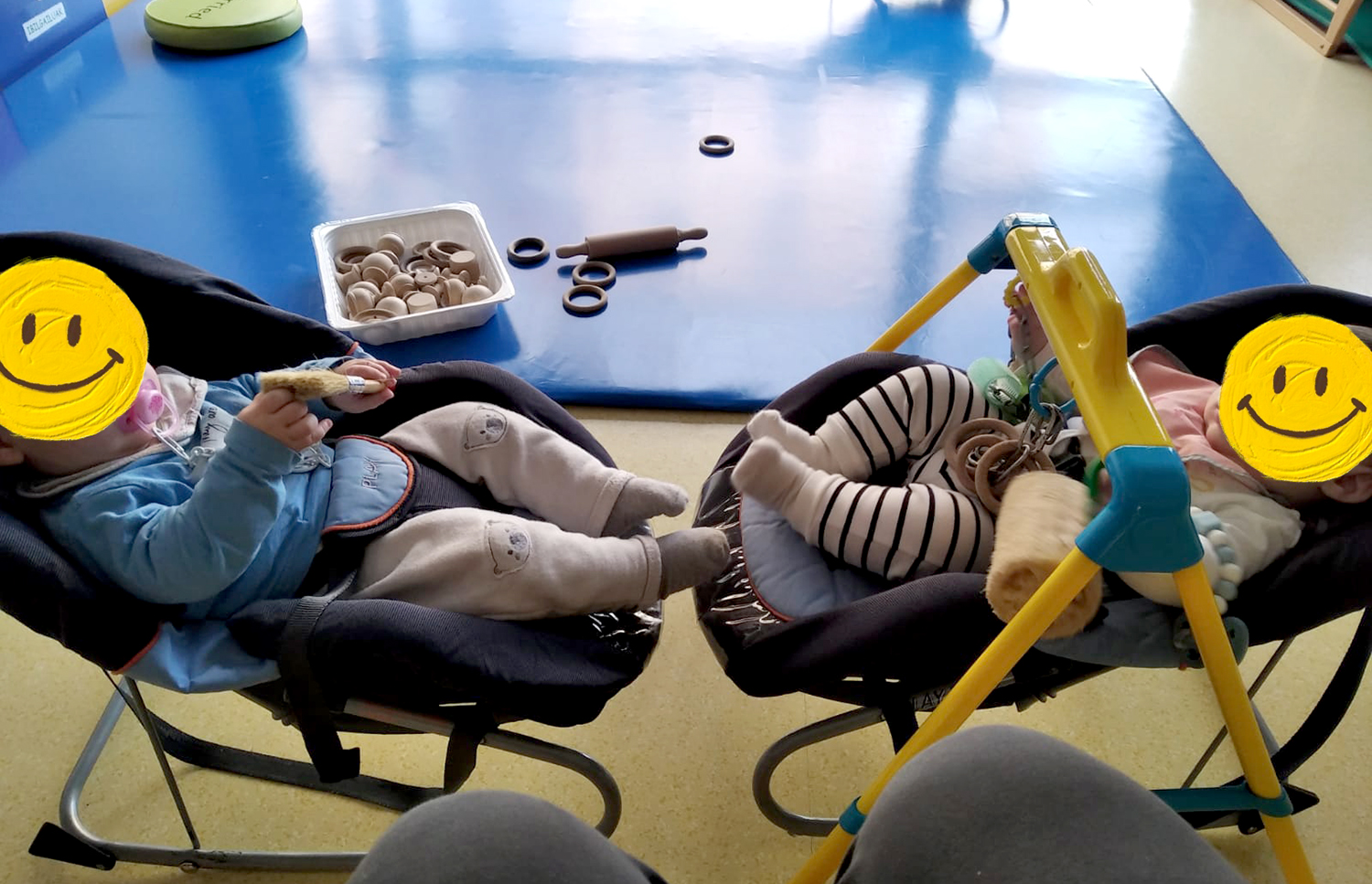Opening of children’s classes in the afternoon and evening for conciliation: The Spanish minister’s proposal casts dust
Arguing that there are people who work in the afternoon and at night, the Spanish Minister of Employment has raised the need for children's schools that are open 24 hours a day for children aged 0-3 years. The chain of reactions has been immediate and has revealed how we understand conciliation for the benefit of and to the detriment of whom.

Announcing the reduction of the working day to 37.5 hours in the Spanish State and proposing a universal care benefit, Yolanda Díaz, second vice-president of the Spanish Government and minister of Employment and Social Economy, said that children’s schools open 24 hours a day would be a good conciliation measure.
And yes, some parents work until late, even at night, “but the solution cannot always be at the expense of the well-being of the youngest, just the most vulnerable; to propose that children under 3 years old sleep outside the home is to ignore the needs of childhood and mental health at all,” recalls the perinatal psychologist Paola Roig.
For those who may be exceptions – those who do not have a network of family or friends working at night – the opening of children’s schools would risk generalizing and prolonging working hours even more, because children have a place to be. In fact, the proposal is aimed at 0-3 year-olds – although the parents of children over 3 years of age have the same conciliation needs – when it is known how important it is in these first years to establish a good attachment to the parents for the emotional and psychological development of the child.
The World Association of Early Childhood Educators has sharply criticized Díaz’s statements, stressing, on the one hand, that children’s schools are not spaces for parking and conciliating children, but places for educating children. On the other hand, that conciliation is something we all want, but that the solution is not to delegate 24 hours of care to institutions, to make life and work policies more flexible and humane, so that parents can spend more time with their children.
Days off, half a day, paid leave...
Yolanda Díaz is reminded that true conciliation involves other measures. Long maternity and paternity leave, flexible working patterns (being able to combine face-to-face and from home to better relate to the child’s schedules), flexible working hours (such as going in and out, or being able to do a continuous schedule), a four-day week, companies that offer a certain number of days off and paid to take when you want to, positions designed for part-time work (such as in England or Holland, it is common for a certain task to be designed to be carried out by two people, each on a part-time basis).
The Spanish Government itself had long announced that parents could take a special leave of eight weeks for custody until the child was 8 years old, but it had not yet been possible for those weeks to be paid.
Once again, I started the afternoon, full of splashes from the previous one and without realizing it was a weekend. I have been in a few days on maternity and the words of then are the lightest splash I have. Or not. Undelivered jobs, clothing of the child, classes that should... [+]
Stressed woman, walking to school in the area of the seagull, snack and sports bag. That would be the image that would go back to almost everyone's mind if we talked about care and conciliation.
The issue is broader. In addition to caring for children, it is to pay attention to... [+]
Ikasgelan bi kasu positibo agertzearekin gelako haur guztiak etxera bidaltzen ari diren honetan –kasu bakarrarekin baheketa orokorra egitera ere ari dira bidaltzen ikasle guztiak–, Gabonetako oporren atarian beldur dira guraso asko: batzuk, haurra ikasgelan kutsatu... [+]
Again, Education has done its own thing. While Europe and the Spanish state themselves are taking steps to facilitate the reconciliation between work and family life (according to the latest news, the intention is to extend paternity leave to 6 months), the department leading... [+]
Aitatasun baimenaren inguruan aritu gara Zebrabideko kolaboratzaile den Iñaki Kasaresekin.





















